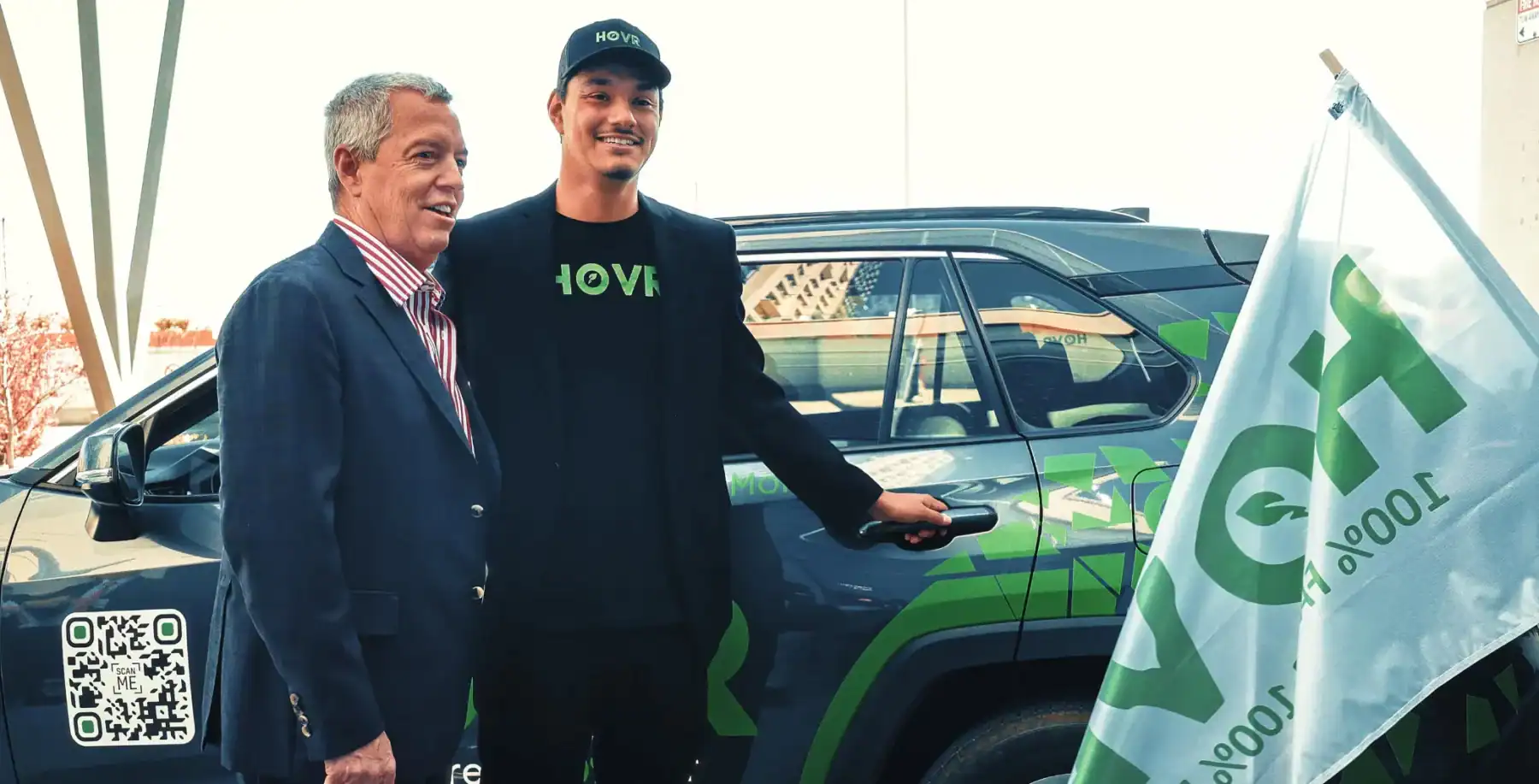
Rating: NNNNN
burlington — a group of 25 people ranging from the Raging Grannies to a spirited seven-year-old converged at the entrance of military manufacturer Wescam on Tuesday, December 10, in an attempt to conduct a citizens’ weapons inspection of the facility. The company supplies targeting systems for the Canadian, U.S., Egyptian and Colombian militaries, including devices used in the notorious Predator Unmanned Aerial Vehicles (UAV) currently used by U.S. forces to carry out assassinations of alleged terrorists.
While UN inspectors enjoy unfettered (and often unannounced) access to a host of suspected Iraqi weapons production sites, this first in a series of cross-Canada inspections of military manufacturers is met with almost a dozen police cruisers. And three of the demonstrators get a free ride in handcuffs down to the local police station for booking on trespassing charges.
The result isn’t entirely unexpected by the energetic crew, who are intent on underscoring the hypocrisy of nations like Canada that are armed (and arming) to the teeth while demanding that others be disarmed.
The police here seem uncomfortable, partly because it’s a demonstration in a city not used to such things and partly because the police live in the area, too. Some seem visibly disturbed by the suggestion that Wescam may be involved in violations of international law.
A group of nine people slowly walks up the factory’s driveway, prepared to make a pitch to enter. Three weeks earlier, Andrew Loucks delivered a letter to CEO Mark Chamberlain spelling out a series of concerns and questions, and saying he would be back on December 10 with some colleagues in the hopes of holding a meeting and inspection.
He copied his letter to MPs and other local politicians, only one of whom responded with the cheery affirmation that nothing amiss is going on at Wescam.
Suddenly a window of the all-glass Wescam building slides open to reveal a Mission Impossible-style surveillance camera about the size of a large pumpkin. It moves to the left and right whenever we do.
“Smile for your file!” someone yells. The Grannies boot into a rousing rendition of If You Cannot Find Osama, Bomb Iraq! sung to the tune of If You’re Happy And You Know It.
It’s not as if we’re just picking on Wescam. The firm is only one representative of a huge industry promoted by the government of Canada, a broker for the $5-billion-a-year benign-sounding aerospace/defence sector. The feds continually make the top-100 list of Pentagon contractors — as high as number 19 in 2000.
The Department of External Affairs, among others, proudly promotes Canadian weapons at such events as the upcoming IDEX (International Defence Exhibition) 2003 in Abu Dhabi, considered one of the world’s premier arms shows, as well as the annual two-day CANSEC weapons show in Ottawa scheduled for this April. Among those companies benefiting from Ottawa’s boosterism are a dozen southern Ontario firms currently involved in supplying the U.S. nuclear weapons program (read: weapons of mass destruction).
Some of these are household names — Honeywell and Litton, for example — because of they also make civilian products. Many have names that barely distinguish them from suppliers of Tupperware or garden equipment. One company cashing in on the maintenance of nuclear weapons stockpiles in the U.S. is Kitchener-based Fakespace Systems, which has received millions from the U.S. to aid in the “high performance computing (that) ensures the effectiveness of America’s nuclear arsenal.”
Cambridge-based COM DEV and Toronto’s CAE are working on the Bush Star Wars II program. At Kitchener’s Diemaco, a whole “family” of weapons is manufactured that can fire upwards of 800 rounds a minute, including guns that were used in Afghanistan, where Canadian sniper rifles won recent mention in Soldier Of Fortune magazine.
Back at Wescam, CEO Chamberlain has refused to reply to our letter and rejected several interview requests. The company has not even bothered to send out a PR flak.
We explain to the sergeant in charge that we really have no choice but to breach the police line since the company will not respond to inquiries. It’s especially urgent since Wescam technology may be aiding in further atrocities in the coming weeks should there be war with Iraq.
We tell the sergeant we need to inform employees of the disconnect between their company’s products and the human devastation they cause.
Loucks holds up a picture of the UAV, which the U.S. used to execute six people in Yemen in early November, one of whom was allegedly on Washington’s hit list. The Wescam-equipped UAVs might be part of an ever uglier future that will allow the waging of war from the safety of a Rocky Mountain bunker.
There’d be no risk of pilots returning home in body bags and the loss of a crashed UAV would be relatively inexpensive, so wars and extrajudicial executions will take place in almost complete secrecy, generating even less domestic opposition.
The sergeant almost tears up as seven-year-old Kay asks with all sincerity, “Why are you not letting us in? That’s not right! We need to stop the war.” We walk toward the plant in single file but are stopped by police and placed in the back of patrol cars.
Young Kay sings out, loud and proud, “We Shall Overcome,” and soon everyone except the cops join in.












